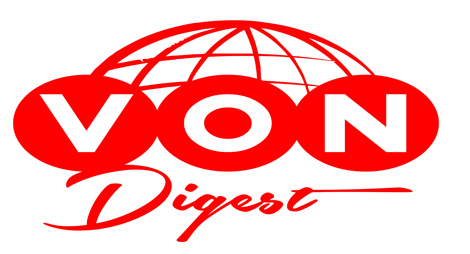Former presidential candidate Peter Obi has raised concerns about the ongoing power crisis following another collapse of the national grid.
“VON Digest” reports that Nigerians were on Tuesday plunged into darkness following another collapse of the national power grid.
Since January 2024 till date, the grid has collapsed 10 times. Within one week in October, the grid collapsed three times with its attendant blackouts, sparking reactions from Nigerians.
Speaking on the issue via a statement on Wednesday via X, Obi contrasted Nigeria’s struggles with power supply to South Africa’s recent success in achieving seven months of uninterrupted electricity.
He said, “Again, yesterday the now regular news came that the National Grid had collapsed once again. Just a few days ago, on the 25th of October, South Africa that was the second-largest economy in Africa behind Nigeria until recently, with a quarter of our population, celebrated seven months of uninterrupted power supply.
“South Africa generates and distributes about 40,000 MW of electricity, while Nigeria struggles to generate and distribute just 10% of that.”
Obi emphasised that the issue affects Nigerians across all regions and religious groups, dismissing any suggestions that certain groups benefit more than others in the energy sector.
“Is there any tribe in Nigeria that enjoys uninterrupted power supply like South Africa? I am labelled a tribal bigot. When I ask if any religion enjoys special privileges in this crisis, I am called a religious bigot. But I will continue to speak the truth about our situation today,” he said.
Stressing the need for collective action, Obi argued that solutions do not lie in tribal or religious divides but in unified, visionary leadership.
“The fact remains that we are all suffering equally from this failure,” he said.
Obi urged Nigerians to move past “primordial sentiments” and instead focus on electing leaders who can drive the country towards development.
He underscored the need for transformative leadership to move Nigeria from a consumer-driven economy to a productive one by channelling resources into essential sectors like health, education, and infrastructure.
He said, “The fact remains that we are all suffering equally from this failure. The solution lies not in tribal or religious affiliations but in visionary leadership and a shared commitment to progress.
“We must set aside these primordial sentiments and elect leaders who are competent, capable, and have the vision to transform our nation from a consumer-driven economy to a productive one by investing our meagre resources in critical areas of development like health and education, lifting our people out of poverty, and ensuring increased electricity production and distribution.”
















